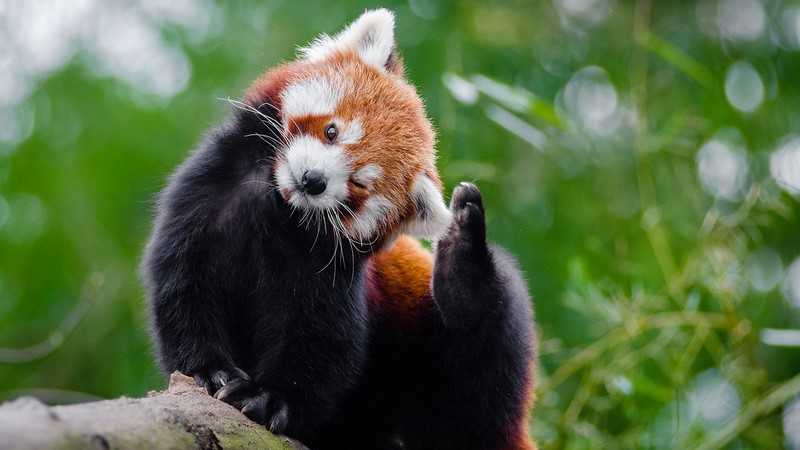China will establish an international fund to support biodiversity protection in developing countries, president Xi Jinping told the opening high-level session of UN biodiversity talks on Tuesday.
Xi announced the ¥1.5 billion ($230 million) Kunming Biodiversity Fund to help implement a new framework for protecting nature this decade. He called on other countries to contribute to the fund.
China is presiding over critical UN Convention on Biological Diversity talks, known as Cop15. Countries are negotiating a set of targets and objectives to prevent the destruction of the Earth’s plants and wildlife by 2030. The agreement, which has been compared to the Paris Agreement for nature, is expected to be finalised in Kunming, China, in April-May next year.
“The new environmental protection targets we set need to be ambitious, on the one hand, and pragmatic and balanced on the other, so as to make the global environmental governance system fairer and more equitable,” Xi told the meeting in Kunming via video link.
“Faced with the dual tasks of economic recovery and environmental protection, developing countries need help and support,” he said.
Xi further announced the creation of national parks covering an area of 230,000 square kilometers.
Countries failing to protect forests, 7 years after New York declaration
In a statement, Greenpeace East Asia said the Kunming Biodiversity Fund “should jump start an urgently needed conversation on biodiversity finance”, adding that “Cop15 needs to see donor countries from the developed world contributing in this regard”.
“Finance and a strong implementation mechanism should be the biggest legacy of China’s CBD presidency. Our planet needs not just another set of targets on paper, but their actual fulfilment.”
Greenpeace welcomed the establishment of national parks. “China’s domestic efforts in setting up natural reserve systems should help it to spearhead the march towards a goal to protect 30% of land by 2030” – one of the global targets up for negotiation.
There was no climate announcement but President Xi said China “will release implementation plans for peaking carbon dioxide emissions in key areas and sectors as well as a series of supporting measures”.
As part of the G20, Beijing signed a ministerial statement in July stating that it intended “to update or communicate an ambitious [2030 climate plan] by Cop26” but it is yet to do so, with three weeks to the UN climate summit in Glasgow, UK.
Xi made no mention of when these plans will be published. Li Shuo, a long-standing observer of China in the climate talks, told Climate Home News the timing for their release remains “very unclear” but “the good news is it will be out before Cop, so we only have less than 20 days”.
